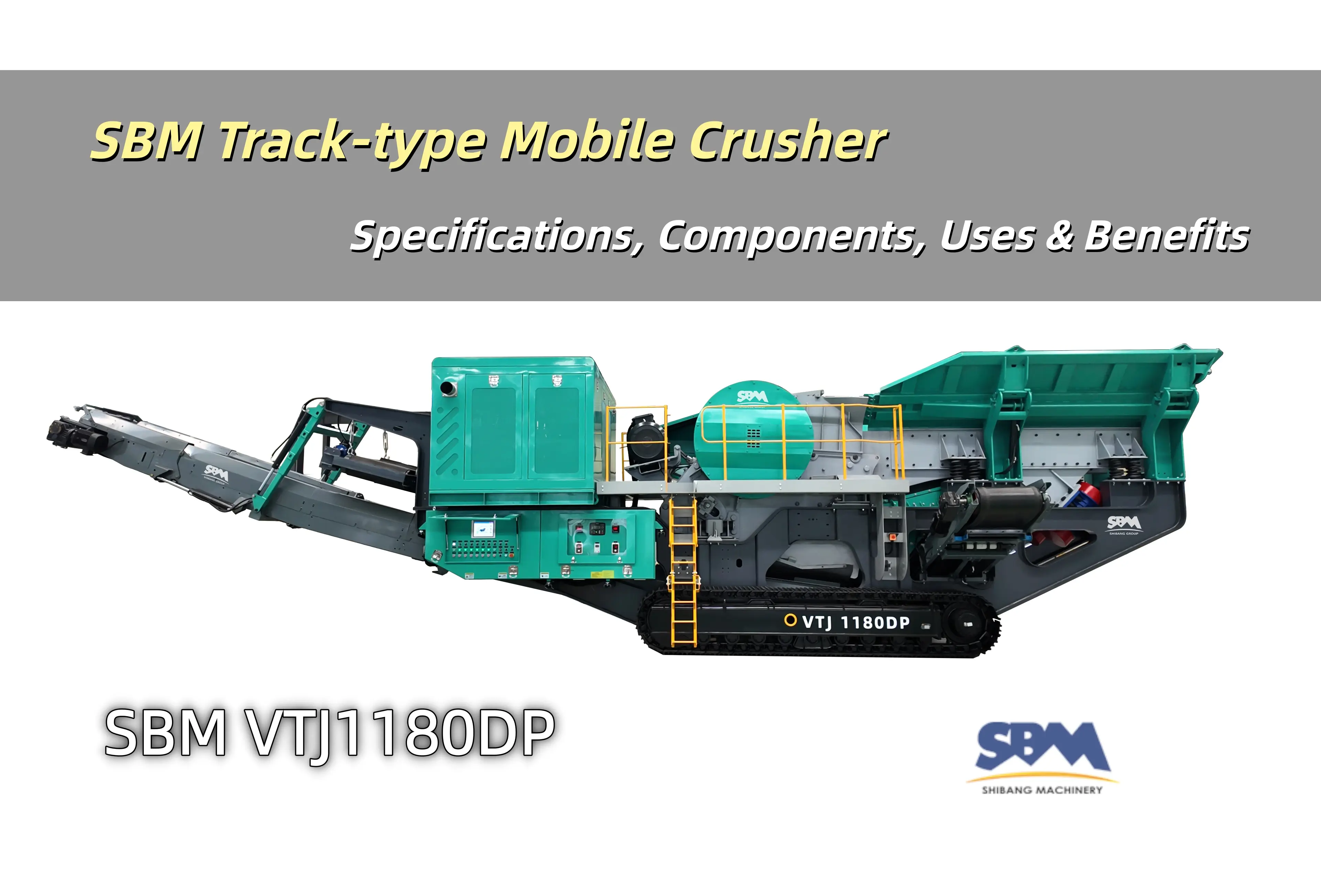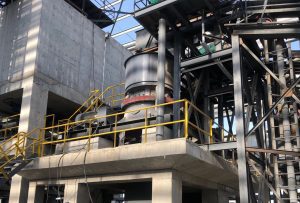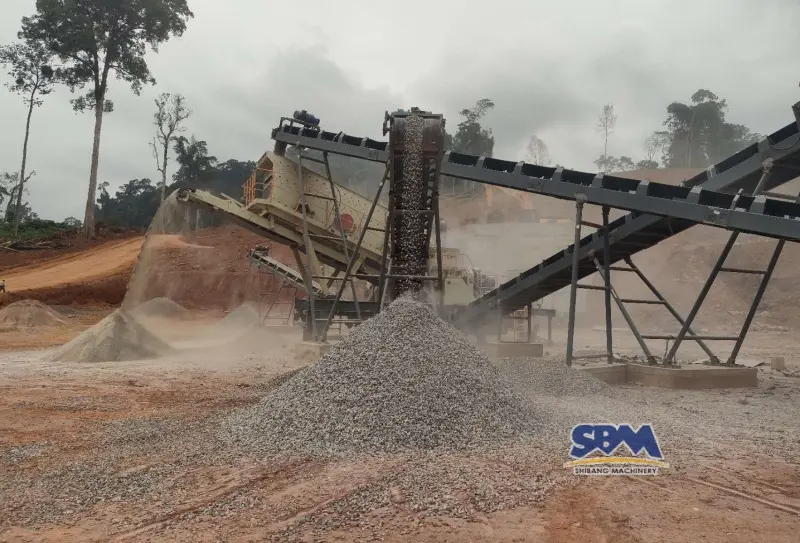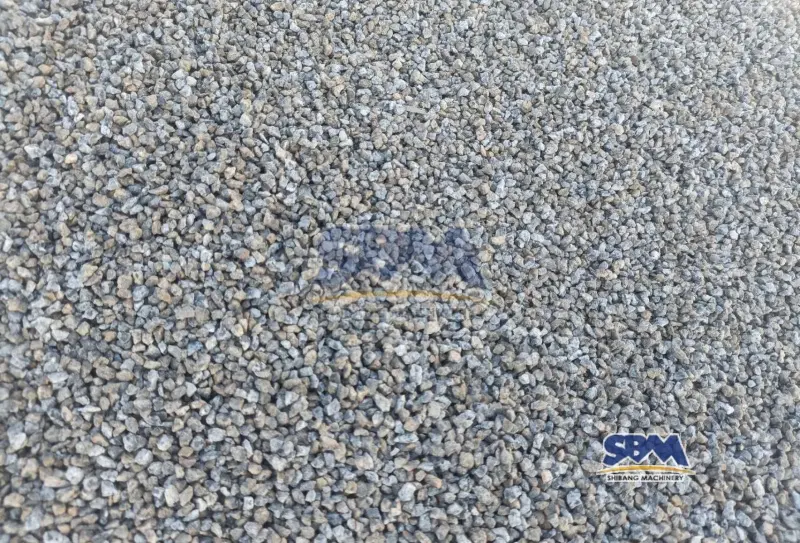Email: [email protected]
What Kind Of Hammer Mill Stone Crusher Do You Need?
There are a few things to consider when choosing a hammer crusher. These include the type of material you want to shred, the size and shape, and the final product size you want.
There are various kinds of hammer mills, each having a distinct use. For example, irreversible hammer mills are more suitable for crushing hard rocks such as granite and basalt. Whereas, reversible hammer mills are more suitable for crushing softer materials such as coal and limestone.
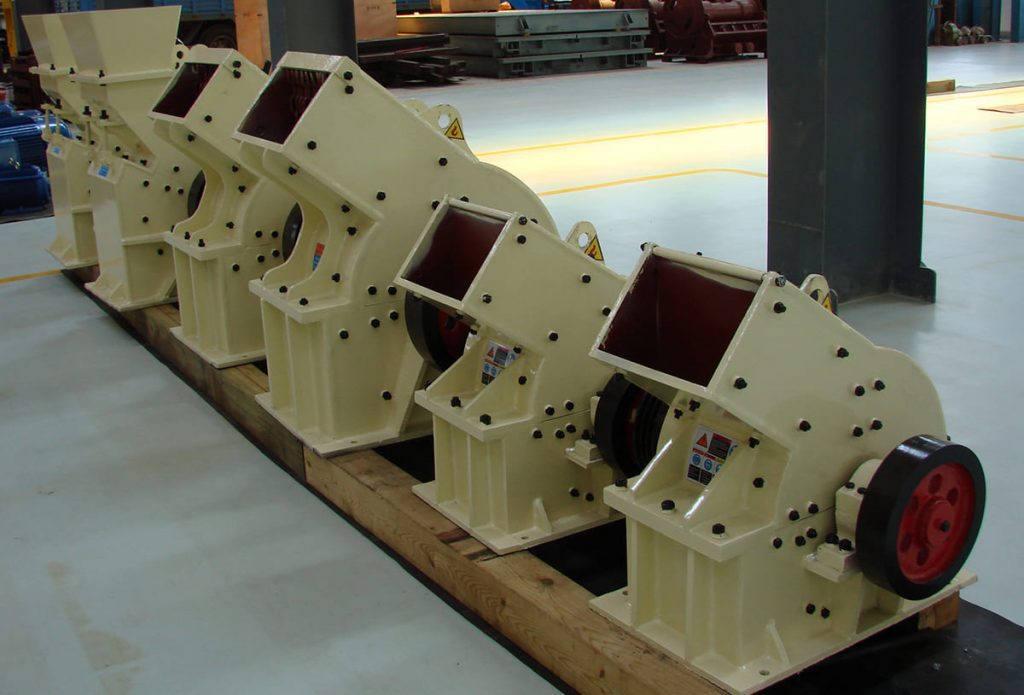
Your decision about the hammer crusher will also depend on the size and shape of the material being crushed. Flat, elongated stones such as slate may require a different type of crusher as opposed to round river stones.
Factors influencing the choice of a crusher also include the required output size. If you need a fine powder, a hammer mill with a high speed rotor may be ideal. But if you need a coarser output, a lower rotor speed may be sufficient.
The kind of material you’ll be crushing, its size and form, and the acceptable output size will determine the kind of hammer mill stone crusher you need.
Let’s first take a close look at this equipment in order to select a suitable hammer mill stone crusher.
How does a hammer mill stone crusher work?
In a hammer crusher, multiple hammers mounted on a rotating shaft repeatedly strike material entering the machine. The hammers in the crusher’s cylindrical chamber swing in a circular motion while the shaft rotates, impacting the material and shattering it into smaller pieces.
The size of the openings in the screen or grate at the base of the crusher chamber determines the size of the finished product. Larger particles that are too large to pass through return to the crusher for additional processing. Smaller particles that can pass through the sieve go to the next process.
We can control the size and shape of the output material by adjusting the speed of the rotor and the number of hammers on the rotor. In order to control the size of the final product, the crusher can also have equipment such as various screens or grates.
In general, hammer crushers work on the principle of impact crushing. This way makes the material repeatedly hit by the hammer until it becomes into small pieces suitable for further processing.
How is a hammer mill stone crusher different from other types of stone crushers?
A hammer mill stone crusher is different from other types of stone crushers in the way it works and the type of crushing it performs.
Firstly, in order to crush and grind the material, a hammer mill stone crusher uses a number of hammers set on a revolving shaft inside a cylindrical chamber. We can fix the hammer to the center rotor, or the ends of the cross can swing freely.
Second, by varying the size of the apertures in the screen or grate at the base of the crusher chamber, the hammer mill crusher is able to generate a wide range of particle sizes. In fields like mining and construction, where the preferred particle size may change based on the application, this enables greater control over the final product size.
Third, we typically process soft to medium hard minerals such as limestone, coal and ore with hammer mill stone crushers. In contrast, we generally use various types of stone crushers for crushing harder materials such as granite, basalt and concrete. These stone crushers include jaw crushers, cone crushers and impact crushers.
Finally, unlike other types of stone crushers, we typically use hammer crushers as secondary or tertiary crushers. We often use other types of stone crushers as primary crushers. Overall, the main advantage of hammer crushers is their adaptability. This makes it suitable for various applications in different industries.
How can a hammer mill stone crusher be used in the recycling industry?
There are numerous applications for a hammer mill stone crusher in the recycling sector.
First, its use is to break down various commodities into smaller pieces that are easier to carry and handle. These commodities include, but are not limited to, scrap metal, old electrical appliances, and construction waste. This reduces trash volume and facilitates material recycling.
Second, we can use a hammer mill to break down and crush the recycled concrete into smaller pieces. These pieces can be aggregate for new construction projects. This lessens the need for fresh materials and the quantity of garbage that is dumped in landfills.
Finally, we can use shredders to turn recycled wood and other organic materials into mulch or compost. This reduces the quantity of debris that is dumped in landfills and offers a useful resource for landscaping and gardening tasks.
Overall, hammer crushers help conserve resources by reducing the amount of debris that must be disposed of. Hammer crushers can play a key role in the recycling business.
What are the maintenance requirements for a hammer mill stone crusher?
A hammer mill stone crusher’s lifespan and ability to function properly depend on routine maintenance. The stone crusher frequently needs the following maintenance:
- Lubrication: To reduce friction and stop wear and tear, regularly oil the bearings and other moving parts.
- Inspection: Do routine inspections of the crusher’s parts, such as the rotor, screens, and hammers, to look for wear and damage.
- Cleaning: Keep the crusher clean on a regular basis to avoid material buildup that could compromise its functionality. This entails clearing out any particles or materials that can be lodged inside the crusher.
- Replacement of worn parts: As soon as you notice any worn or damaged parts, like screens or hammers, replace them.
- Alignment: To avoid early wear and tear, make sure the crusher is correctly aligned and the bearings are seated.
- Clearance adjustment: To guarantee optimum performance, regularly check and modify the space between the hammers and the screens.
- Safety checks: Regularly inspect the crusher’s safety features to make sure they are all functioning properly.
We can achieve the longevity and optimum performance of our hammer crushers by performing routine maintenance.
Headquaters Office
Whatsapp:+8615225176731
Email: [email protected]
Address: No. 1688, Gaoke East Road, Pudong new district, Shanghai, China.
Website: https://www.mill-sbm.com/

